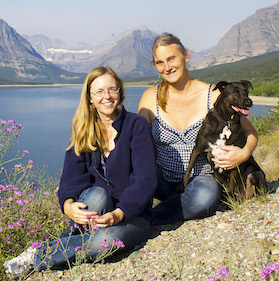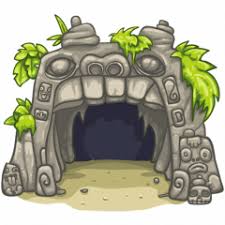Tell us about your background and what got you interested in health and medicine.
My first interest was technology. When I was just twelve years old, I used paper route money to buy one of the first personal computers on the market. That interest grew into my first career. I was published as a software author when I was fifteen, programming custom robotics when I was seventeen, and started my own consulting company before I was twenty. Even then I was interested in compassionate healthcare inititives, and I visited Haiti a number of times where I volunteered as an untrained clinical missionary.
Eventually I sold my consulting business and went to work for a fortune 100. I worked my way up to being the head of European business consulting for one of the largest tech companies in the world. That all came crashing down in my early forties after I transitioned genders and became Jessica.
I moved back to the US and spent a number of years deciding what to do with the rest of my life. During this time I volunteered as an EMT/firefighter and I really loved the various medical runs. In those moments I felt like I really could make a difference in someone's life in ways that computers never allowed. This experience led me to go back to school and train to become a registered nurse.
Tell us about your practice and the neighborhood or different locations you've worked in.
After getting my RN license I worked in the emergency room of a rural hospital in southern Indiana. I've always loved traveling though, and as soon as I had some experience I began working as a traveling nurse. For several years I traveled around the US, living in my motor home and working short term contracts. My first contract was in Las Vegas, in one of the roughest neighborhoods. Next up was Yuma, Arizona, and then I went to California where I took contracts all over northern California. I also worked in Washington State for a couple of years so I could be close to an uncle who needed some extra help.
I've been away from the bedside for much of the last four years as I've worked to build my new company, Wave Therapeutics. Wave is focused on using leading edge technology to end the problem of bedsores and our patented combination therapies and smart analytics platform. I did briefly return to the bedside back in April of 2020 to help with the COVID crisis in a Brooklyn hospital. That trip was cut short after I was hit by a car and tore my rotator cuff.
How has your routine changed since the pandemic?
Well, certain things have slowed down but others have just kept on chugging along. We've completed our design for manufacture and hope to bring our first products to market early this year. In addition, we've recently formalized our relationship with the Veterans Health Administration and will begin testing at one of their facilities in the next few weeks!
How does trust play a role in your daily routine, especially in the current COVID atmosphere?
I've surrounded myself with good people and in most cases trust is just a safe assumption. Other than that, you just need to offer up the risks and trust that the things that are supposed to happen will actually get done. I think that's a higher level of trust, but one you can always rely upon.
What do you wish the public knew about what you experience, in your field of health?
I'm an out, proud, transgender woman. I'm a wife, mother, and an accomplished businesswoman. I'm also an amazing, compassionate nurse who spends her days trying to save the lives of the 60,000 Americans who die each year due to bedsores. In spite of what I'm doing with my life it sometimes seems that the only thing potential investors and partners care about is the fact that I'm trans. I guess that I really wish people would look deeper. Bigotry sucks!
What is the best part of your day? The hardest?
I'm a natural innovator and I love the times when I get to create something new and valuable. Fundraising is by far the hardest and most frustrating because it takes so darn long and it keeps me from my more important work.
Will Covid-19 change your approach to your work going forward?
We quickly adopted to the whole remote work thing. Also, I'm an ER nurse. We're a scrappy bunch that makes due with limited resources. I think we'll be able to weather anything COVID throws our way!
What is the best life/career advice anyone has ever given you?
My sister once told me to believe in myself and that I could be anything in this world I wanted to be. I think that says it all nicely.
Can you recommend one easy, daily self-health practice that can help people get through the day?
No, and if I did you probably wouldn't want to take it! Caffeine in the morning and wine at night isn't probably the best practice for most people, but it works for me! Well, perhaps there is one thing. As my sister said, believe in yourself. No one else is going to be as big a cheerleader in your life than you yourself. Don't rob yourself of that incredible resource.
Is there anything else you’d like the public to know about how it feels to be a health practitioner in the middle of a global pandemic?
If possible, stay away from Flatbush Avenue in Brooklyn! I swear, that driver must have tried to hit me! It's not a great feeling to wind up in your own trauma center! Joking aside, it's really frustrating to see people ignoring social distancing and refusing to wear masks because they think it infringes on their rights. While working in Brooklyn in the early days of the pandemic I saw patients and healthcare workers die from COVID. Since then I've lost family and friends. A pandemic isn't the time to take a political stance. We need everyone to do the right thing to protect the most vulnerable among us.
More Stories from Kinnected
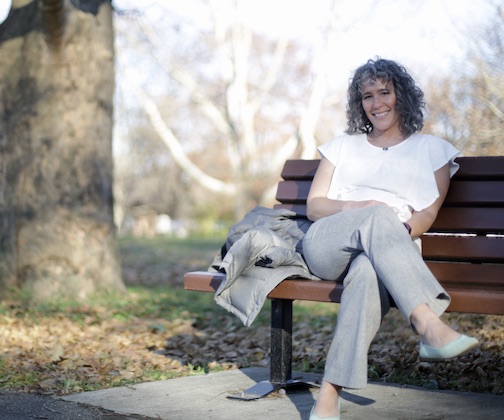
At times, it has been really frustrating to be a strategist and health communication professional and witness the lack of strategic planning and messaging that we have over the last two years.
-
4 years ago
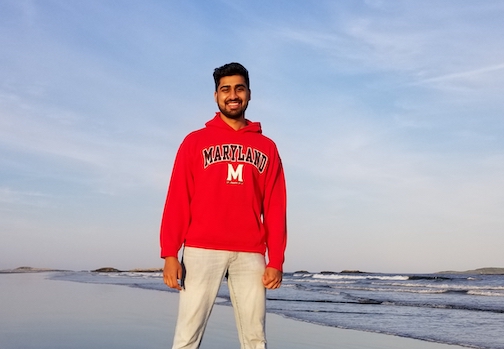
"What many people miss is that emotional exhaustion among clinicians existed long before the pandemic."
-
4 years ago
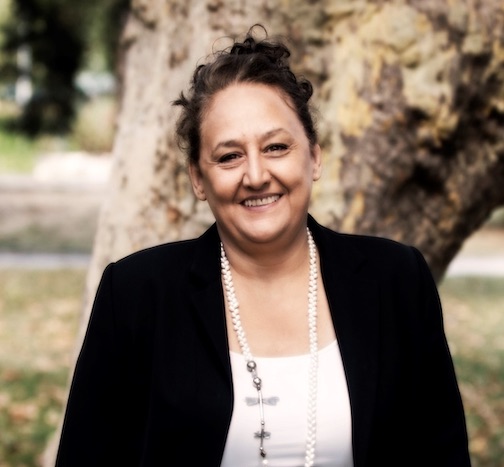
"A lot of people argue whether technology is good for the future of humanity or bad. In my opinion, it is both - just as an herb could be a poison or a medicine."
-
4 years ago
